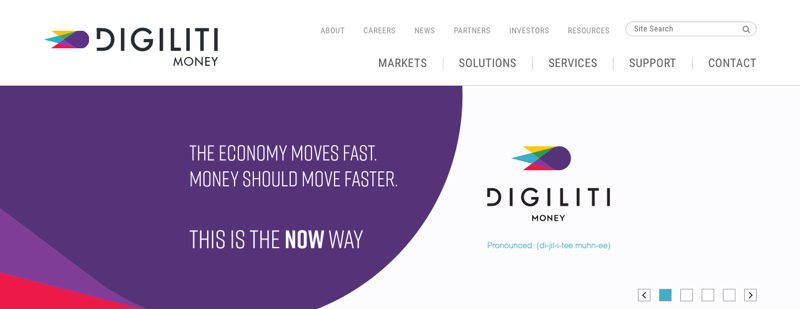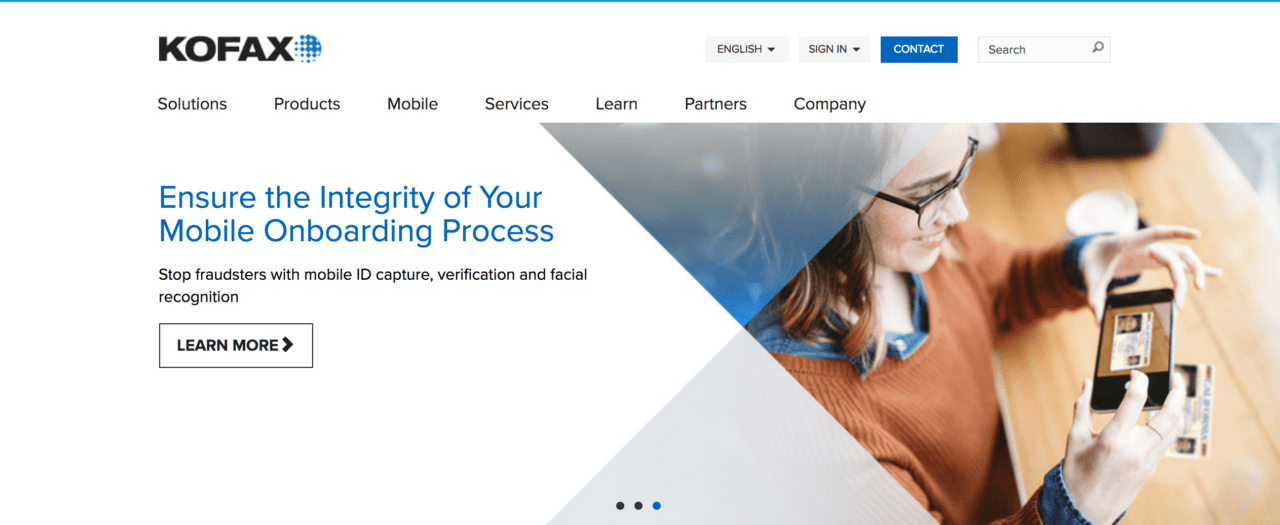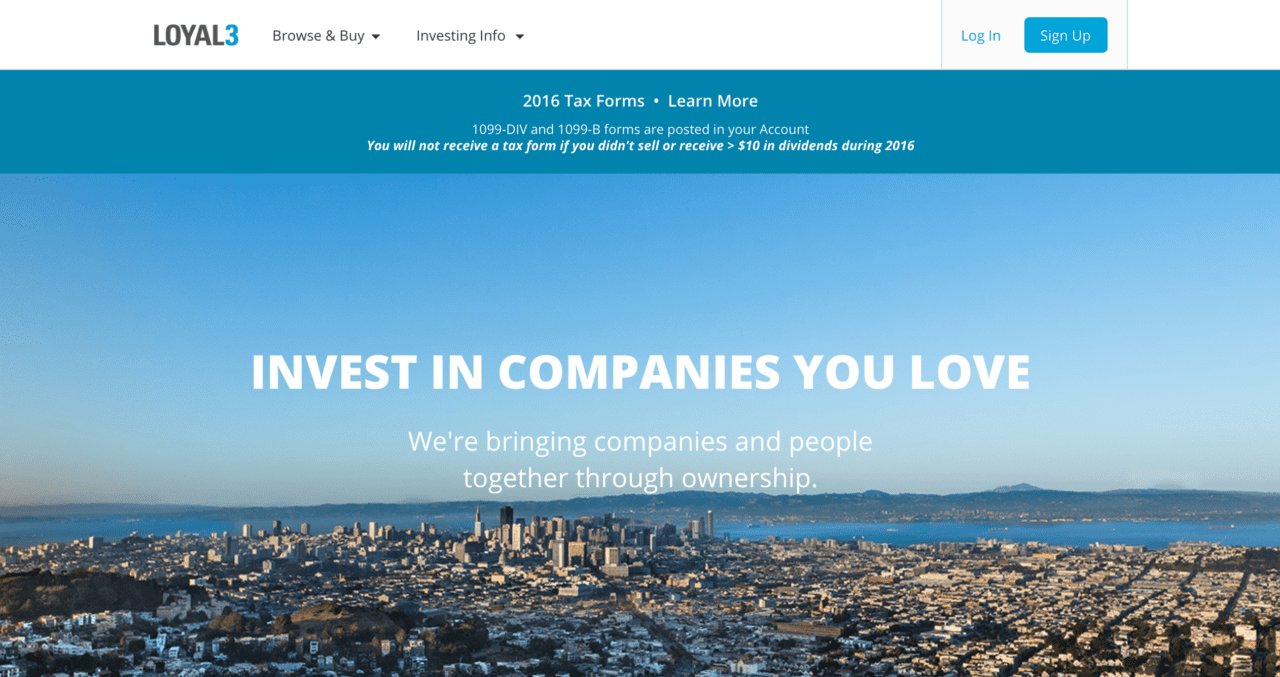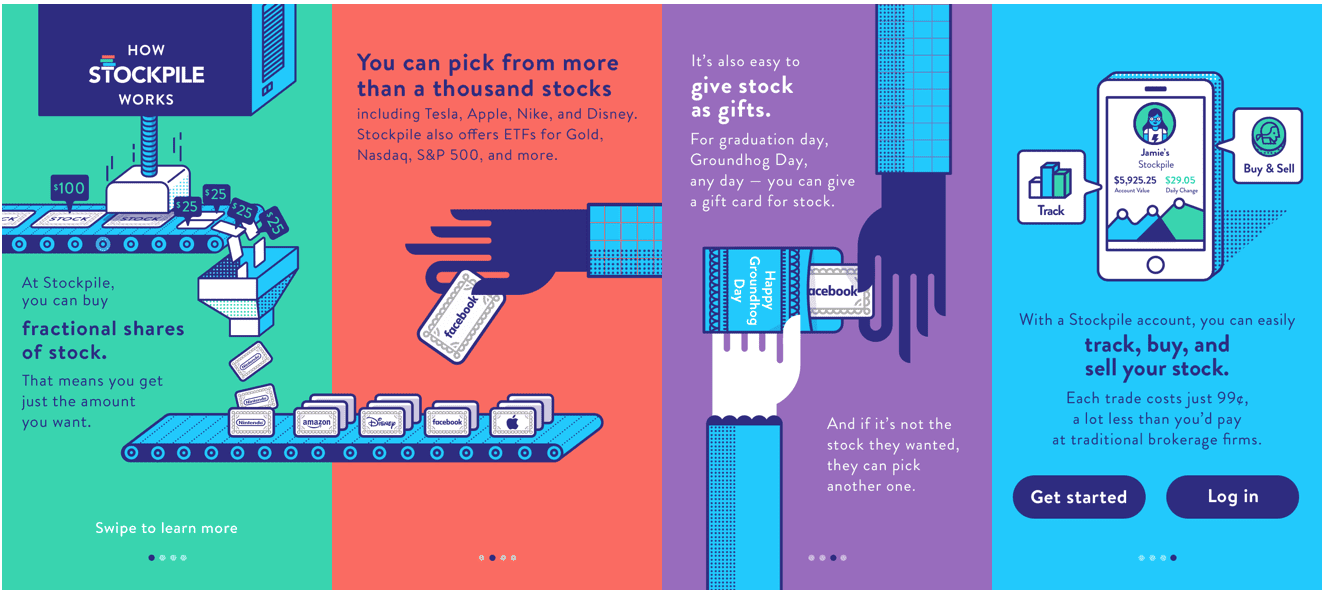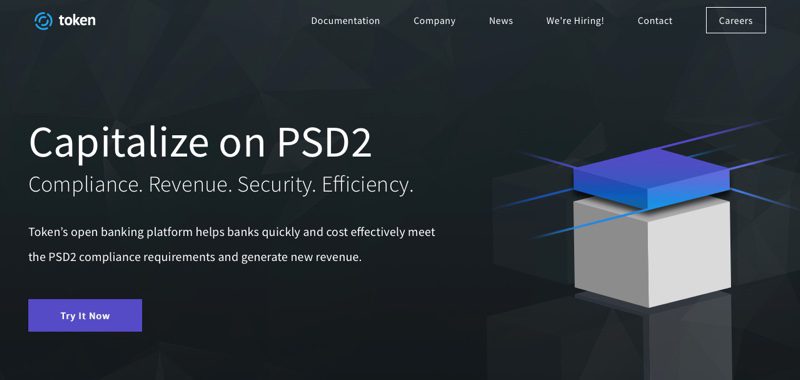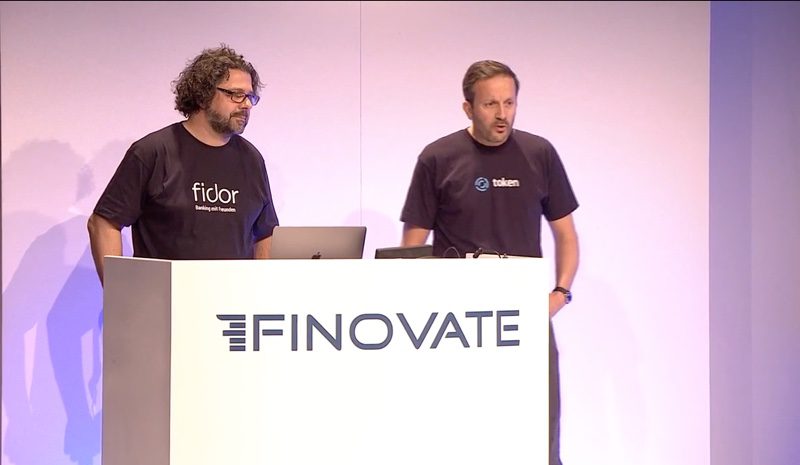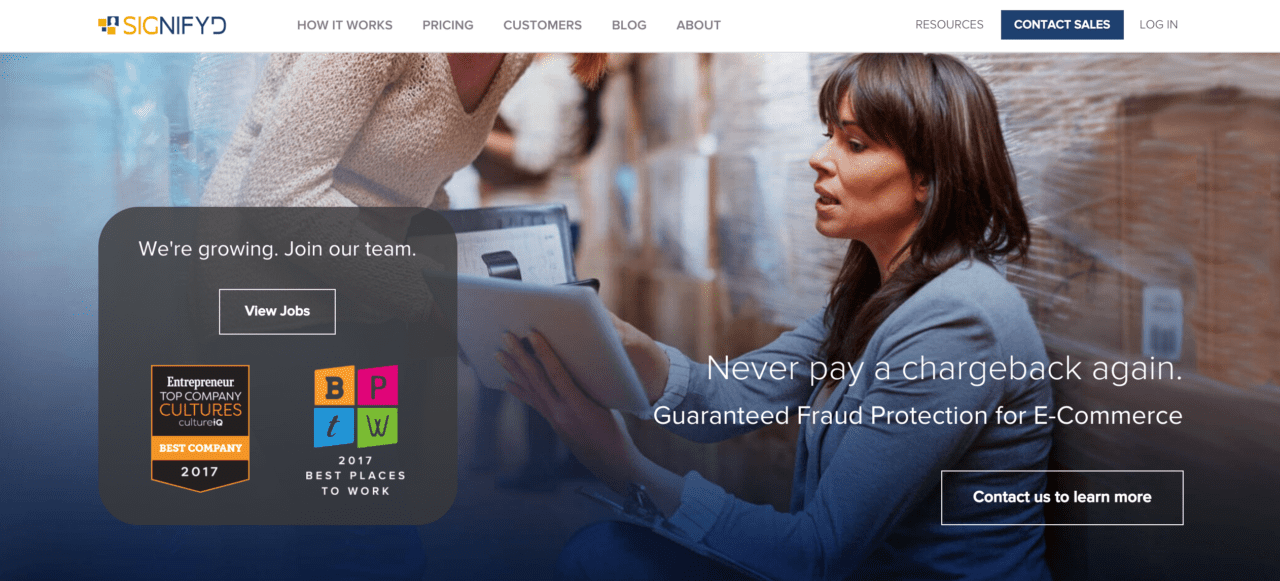Data security specialist Vera announced a strategic investment of $15 million today. The funding was led by Hasso Plattner Ventures (HP-Ventures), and featured the participation of Amplify Partners, Battery Ventures, Clear Venture Partners, Leslie Ventures, and Sutter Hill Ventures. The company’s total capital is now more than $50 million. Ajay Arora, CEO and co-founder of Vera said the investment will help fuel expansion particularly in Europe where new regulations on data security, specifically the General Data Protection Regulation (GDPR), are pending.
GDPR was enacted just over a year ago by the European Parliament and Council in an effort to improve data security for individuals in the EU. The scheduled implementation date of the GDPR is less than a month away on May 25th and observers like Gartner are warning that less than half of companies are will be fully compliant by the end of 2018, much less the end of May. “The GDPR will affect not only EU-based organizations, but many data controllers and processors outside the EU as well,” Gartner research director, Bart Willemsen said. He added that both the threat of “hefty fines” and what he called “the increasingly empowered position of individual data subjects” are pressuring companies to do a better job of protecting personal data.
Pictured: Vera CEO and co-founder Ajay Arora demonstrating Vera Security at FinovateSpring 2016.
And this is where companies like Vera come in. Vera’s technology innovates by securing the data itself. From files and Word documents to images and video, Vera enables companies to control access and the ability to manipulate data after it has left its traditional perimeter of control. During the company’s live demonstration at FinovateSpring, Vera’s Grant Shirk used a single click to secure a word document and an Excel spreadsheet after attaching them to an email. In addition to quickly establishing a variety of access permissions, Vera’s technology also enables digital watermarking, restrictions on the ability to edit (including cut and paste), and provides auditing and tracking.
Underscoring Vera’s uniqueness as its first cybersecurity investment, HP-Ventures General Partner, Yair Re’em credited the company’s “incredible momentum and hypergrowth in markets large and small” as well as Vera’s ability to “help protect and control data after a breach has happened.” He said: “The crumbling state of enterprise security has clearly demonstrated the need for a fundamental paradigm shift in cybersecurity.” Chris Rust, Clear Venture Partners co-founder and General Partner, added that Vera was “the driving force behind a positive and profound shift away from perimeter-based security and towards a more flexible and reliable data-centric model.” Rust will join Vera’s board of directors as part of the strategic investment.
Founded in 2014 and headquartered in Palo Alto, California, Vera demonstrated its technology at FinovateSpring 2016. Earlier this year, the company launched its enterprise communications security solution, Vera for Mail. Last fall, Vera announced that Logica Capital Advisors had selected them to manage business information and internal collaboration files. The company has produced more than 4x revenue growth since launching publicly in 2015 and grown its Fortune 100 customer base by 5x. Vera won the 2017 SC Trust Award Winner for Best Cloud Computing Security in February and, in March, the company was named to CRN’s annual Security 100 list.

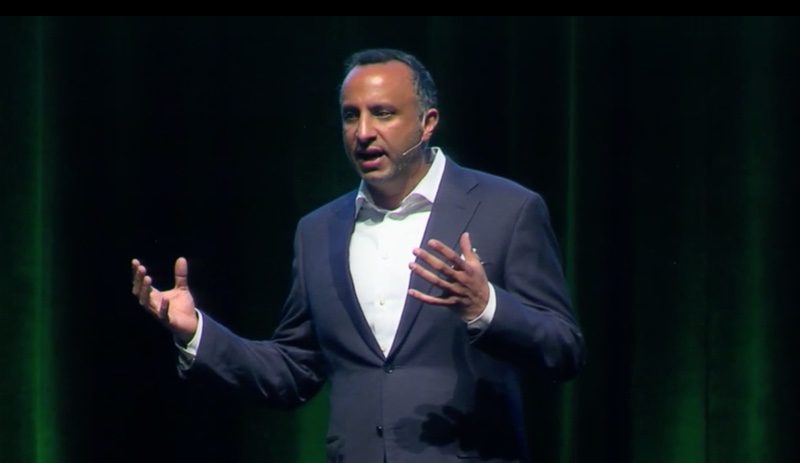

 From a technologist’s perspective, what’s unique and game-changing about your technology?
From a technologist’s perspective, what’s unique and game-changing about your technology?